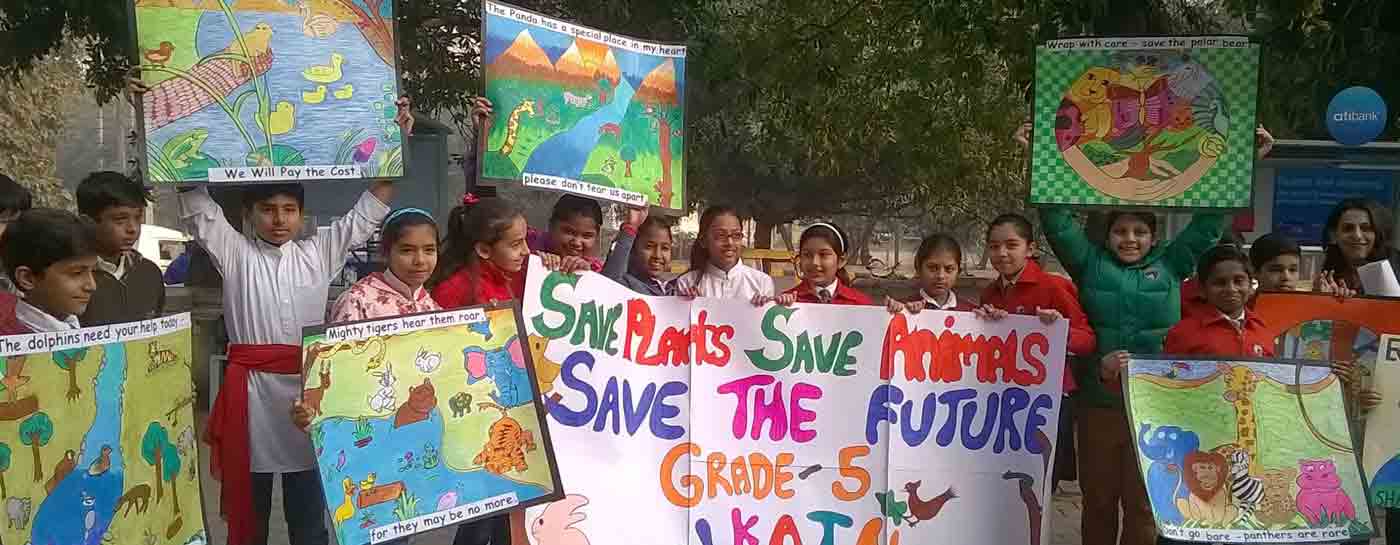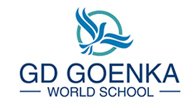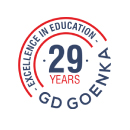
Extracurricular Adventures at GD Goenka World School
Beyond the standard school day, GDGWS students embark on a journey filled with exciting extracurricular activities, providing a platform to nurture talents, collaborate with peers, and showcase leadership skills.
Dive into Creativity, Activity, Service (CAS)
Creativity, Activity, Service (CAS) isn’t just for the Diploma Programme; it’s for all ages at GDGWS. This integral component encourages students to share their talents, experience education beyond the classroom, foster positive attitudes and values, and serve the community. CAS is a multifaceted approach that promotes international understanding, develops new skills, and cultivates a sense of responsibility and discovery.
Trips & Excursions
Beyond the boundaries of the classroom, students embark on trips and excursions that go beyond mere recreation. These experiences offer insights into the lives of others, fostering inspiration and personal growth. From sports and cultural trips to trekking, camping, and school visits, GDGWS students return with fresh perspectives and newfound skills.
IAYP – A Personal Journey of Achievement
The International Award for Young People (IAYP) empowers individuals aged 14 to 25 to embark on a personal development journey. Participants set objectives in areas such as volunteering, physical fitness, practical and social skills, and adventurous expeditions. This program, leading to Bronze, Silver, or Gold awards, encourages growth, resilience, and teamwork.
Model United Nations (MUN)
Engaging in the academic simulation of the United Nations, GDGWS students participate in Model United Nations (MUN) events. This experience educates them on civics, current events, communication, globalization, and diplomacy. Students take on diplomatic roles, research countries, and collaborate to develop solutions to global issues in conferences like Wordz MUN and IN MUN.
At GD Goenka World School, we believe in unleashing the potential of every student through diverse extracurricular activities, providing a platform for growth, discovery, and personal achievement.












